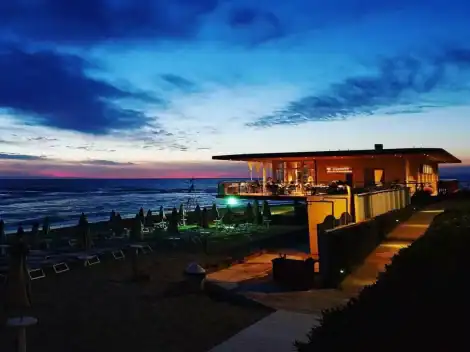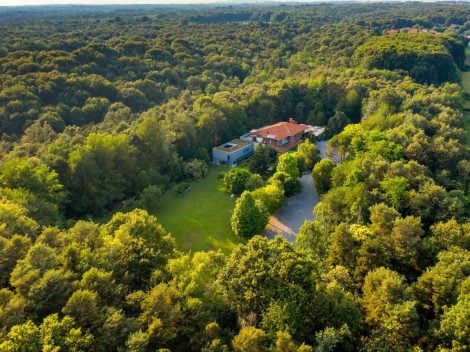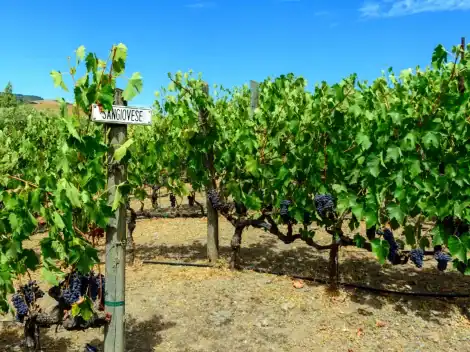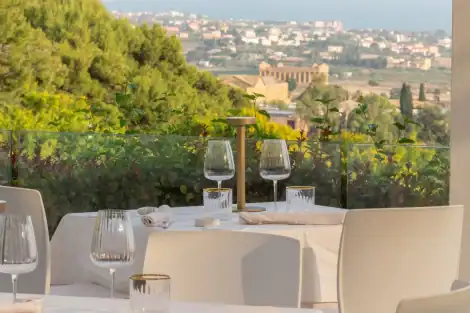The farm was officially born in Monte Porzio Catone, just south of Rome, near Frascati, only in 1996 with Felice Mergè, but it's thanks to his grandfather Manlio that the company takes its first steps to becoming Poggio Le Volpi. In the 1920s Manlio produced bulk wine, and his father Armando gave a "national" connotation to what was only a local company. Today Poggio Le Volpi is a consolidated winemaking reality, a certainty of the Lazio territory, which has made the most of the great winemaking richness - in addition to the native white grape Malvasia di Candia, Malvasia del Lazio, Trebbiano, Cesanese and Nero Buono, we also find small shares of sauvignon and chardonnay - present in the almost 150 hectares of vineyards planted on the volcanic soils of the Castelli Romani, on hills at 400 meters above sea level: "Our territory, which is also influenced by the winds coming from the sea, is purely volcanic, composed from different eruptive stratifications of different eras recognisable on the basis of the altitudes - explains Felice, "these characteristics converge in the wines in the form of a strong minerality." In addition to the Frascati appellation, Poggio Le Volpi is also focusing strongly on bringing attention to the new Doc Roma: “the potential of this appellation is enormous. Everyone in the world knows Rome and its history, and having linked the name of a Doc to the Eternal City is something that can only be good for a region that is still too undervalued in regards to wine production." And he continues, "In the last five years we invested heavily both to consolidate the company and to strengthen the value of this denomination, on which we have concentrated part of the company focus."
The wine adventure in Puglia
But Felice Mergè's initiative wasn't limited to Lazio; in 2010, in fact, he acquired and renovated the Municipal Cooperative of Producers of Erchie, in the Brindisi countryside, in the heart of Salento, active since 1949, founding the Masca del Tacco winery. The large vineyard park also extends into the provinces of Lecce and Taranto for about 200 hectares and hosts parcels planted with alberello training systems that are over 50 years old. The rows feature traditional grape varieties, primitivo, negroamaro, fiano, but also international ones such as syrah, pinot noir, cabernet sauvignon, chardonnay for the production of modern labels, in which the search for body-fullness and fruit richness dominates. On the other hand, the plants of susumaniello are more recent: this is another very ancient vine that is recently being revalued thanks to the varietal characteristics of identity that give rise to unique products: “Puglia is a fantastic territory; we decided to invest in this region out of a great passion for the primitivo grape, which in this area is best suited: red soil, limestone and marine fossils near the coast, which give the wines structure, minerality and depth."
Tasting
The wines that are born in Poggio le Volpi are characterised by strong personality, stylistic precision and territorial identity. For this reason, in Vini d'Italia 2021 we decided to reward the winery with the Tre Bicchieri recognition bestowed to a Roma Doc. It's the Rosso Limited Edition '17, montepulciano, syrah and cesanese that come together to give life to a wine that shows off a bouquet of small black fruits and sweet spices, which results in a rich, enveloping and savoury palate. "Roma Rosso Limited Edition is a very versatile wine - suggests Felice - of course I see it very well with traditional Roman dishes such as amatriciana, stewed oxtail, fire grilled lamb chops, but also on international dishes such as a succulent goulash or boeuf bourguignon." Confirmations also come from Baccarossa, 100% Nero Buono, with a captivating nose and a palate boasting tones of Mediterranean scrub, cloves and cinchona. Typical and pleasant, among the whites, is the Malvasia Puntinata '19, with notes of cantaloupe melon, sage and white fruit.
On the Apulian front, however, the shining star of Primitivo di Manduria is Piano Chiuso 26 27 63 Riserva; also the 2017 version is confirmed as the flagship wine of Masca del Tacco, with its aromas of black fruits with spicy notes and with an aromatically coherent palate; dense, with an unsuspected tannic vein, which closes with a good persistence and length. “Here we are dealing with a more structured wine that still maintains a great elegance, it should be paired with the Podolica breed meats, typical of the South, and on traditional Apulian cheeses. It's also very interesting when paired with zighinì, given the softness of the wine and the spiciness of the north African dish."
by William Pregentelli

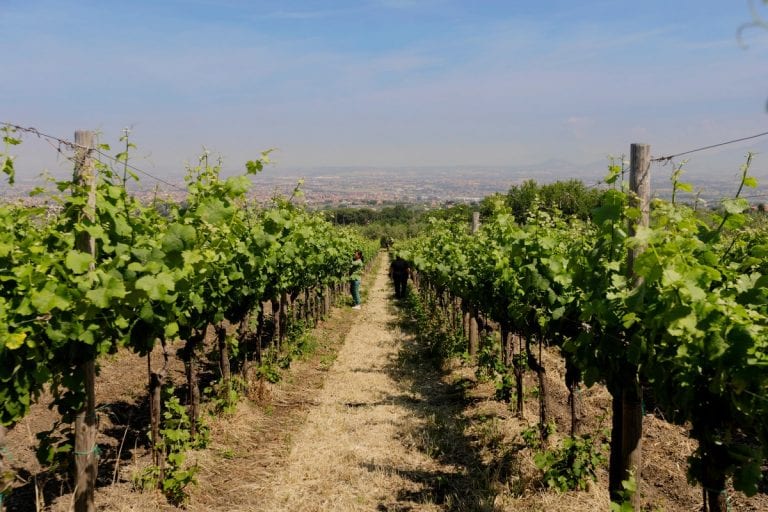
 “In Chianti, warehouses are full and prices are falling”. The economic crisis of Tuscan wine explained by Giovanni Busi
“In Chianti, warehouses are full and prices are falling”. The economic crisis of Tuscan wine explained by Giovanni Busi US tariffs will take effect on 1 August for everyone (including wine). Prosecco DOC: “it’s impossible to plan for the future
US tariffs will take effect on 1 August for everyone (including wine). Prosecco DOC: “it’s impossible to plan for the future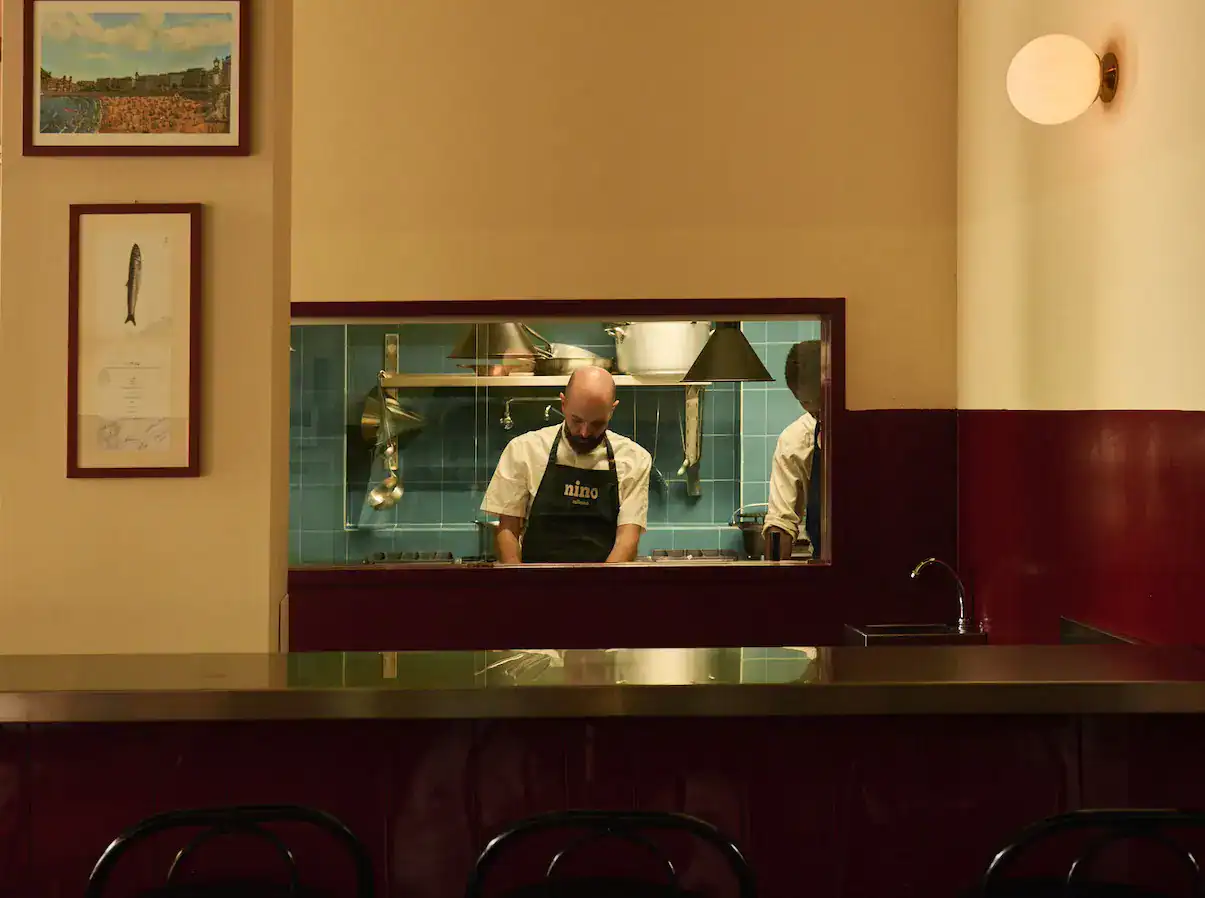 Diego Rossi of Trippa opens a new osteria: what you can eat at Nino Osteria con Cucina in Milan
Diego Rossi of Trippa opens a new osteria: what you can eat at Nino Osteria con Cucina in Milan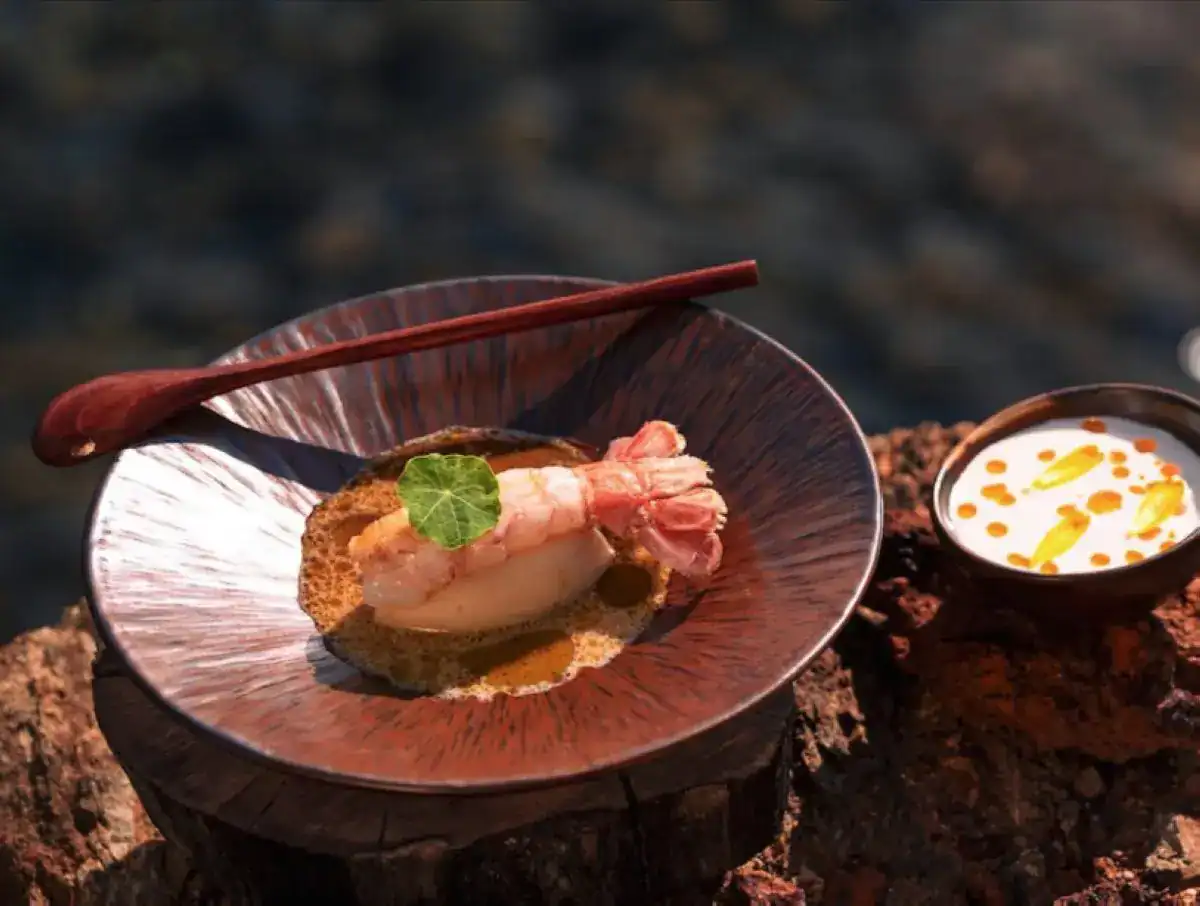 How you eat at Sentiero, the restaurant Elba Island was missing
How you eat at Sentiero, the restaurant Elba Island was missing
